SMOOSH JUICE
CMON Warns of Financial Losses, CATAN Awaits a New Champion, and Why Scrabble Isn’t a Word Game | BoardGameGeek News
▪️ In February 2025, Natasha Dangoor of The Wall Street Journal profiled Nigel Richards, a Scrabble world champion in English, French, and Spanish…even though he doesn’t speak the latter two languages. An excerpt:
“He memorizes words as soon as he reads them once,” said Hector Klie, who has represented the U.S. in Scrabble since 2003 and competes in Spanish. “He doesn’t know whether a word is a verb, noun, adjective or any other grammatical form that would typically help native speakers learn words more easily. For him, all words are equal in his memory, and he doesn’t need to know their meaning.”
And another:
Instead, he racked up 92 points by using the P in ERUPTION and the word TED to create PERNOCTATED, with the A sitting atop NON to form ANON. The moves sent much of the Scrabble world into varying degrees of ecstasy.
▪️ On BoardGameWire, Mike Didymus-True reported on March 13, 2025 that “CMON’s board issued a profit warning to the Hong Kong Stock Exchange yesterday, estimating its losses for 2024 at between $1.4m and $2.1m – with the final, audited total expected to be revealed in the company’s annual report by the end of [March 2025].” He continues:
▪️ The 2025 CATAN World Championship will take place in Stuttgart, Germany April 5-6. A press release from publisher KOSMOS notes that “[Ninety] players from 60 countries will compete at the Württemberg State Museum to crown the new world champion. The choice of venue is particularly symbolic: In 1995, the world-famous board game CATAN was published by KOSMOS, the long-established games publisher in Stuttgart. To mark its 30th anniversary, the city will now host the World Championship for the first time.”
For more details on the event, visit the CATAN.de website.
▪️ Speaking of CATAN, in the 2025 book Careless People, author Sarah Wynn-Williams, Facebook’s former director of global public policy, wrote that Meta founder Mark Zuckerberg “refused to admit that his employees were letting him win at the board game Settlers of Catan, expressed admiration for notorious slavery advocate President Andrew Jackson, and vocalized his desire to have a “tribe” of children”, to quote an article by Lydia O’Connor on Huffpost. Obviously the CATAN item is the least concerning of the three listed, but I’m focusing on games here.
A (paywalled) March 11, 2025 article on Business Insider from Lindsay Dodgson says “Wynn-Williams, who worked at the company from 2011 to 2017, wrote that her fellow players never stole from Zuckerberg and failed to block his victory.”
On Threads, Dex Hunter-Torrick — the head of executive communications at Facebook until 2016 — denies this story: “[T]hat’s not what happened at all. I chose to eliminate the weaker players so I could then go after Zuckerberg, who was the toughest player. The game then ended with something more interesting: Zuckerberg said he was tired and wanted to sleep, and convinced the others to gang up on me so he could win!”
I haven’t played much CATAN, but this story doesn’t sound right. How does eliminating “the weaker players” in CATAN help you beat the player in the lead? Also, how does Hunter-Torrick’s story negate what Wynn-Williams claims? In his own words, the other players ganged up on him so that their boss could win the game.
▪️ To close, here’s another round-up of older material I’ve re-discovered while zapping my social media posts, including dozens on Facebook:
• In January 2015, a Pandemic fan posted LEGO versions of all of the roles that players can choose.
• On Eurogamer, Christian Donlan details “Monopoly‘s secret war against the Third Reich”, that is, how someone created a way to secret maps, files, compasses, and money in Monopoly games distributed to prisoners of war.
• In August 2014, Eric Zimmerman shared one of his lessons from a game design class that challenges players to “[m]odify a ‘broken game’ into a more meaningful play experience”. Writes Zimmerman:
• In July 2014, Chris Marling warned that in comparison to all the hype created by those using Kickstarter — which was the only such site around back then — “traditional board game publishers seem woefully off the pace in terms of getting their message out and if they don’t get with the program, they could be a few years away from trouble.”
Part of that prediction relied on Marling seeing an end to the upward spike of board game sales — “…when this growth curve flatlines, which it probably will, traditional board game publishers may get a shock.” How does this warning look ten years on? Which non-crowdfunding publishers do a bang-up job of getting the word out about their new and upcoming games?
• I’ll end with a non-game item that’s too cool not to share. Artist Patrick Hughes creates a type of work dubbed “reverspective”. Here’s one example:
And another with the artist briefly talking about his approach — with the viewers of his work kind of putting on a show of their own:

/pic404651.jpg)
/pic3126414.jpg)
/pic8632666.png)
/pic8758142.jpg)